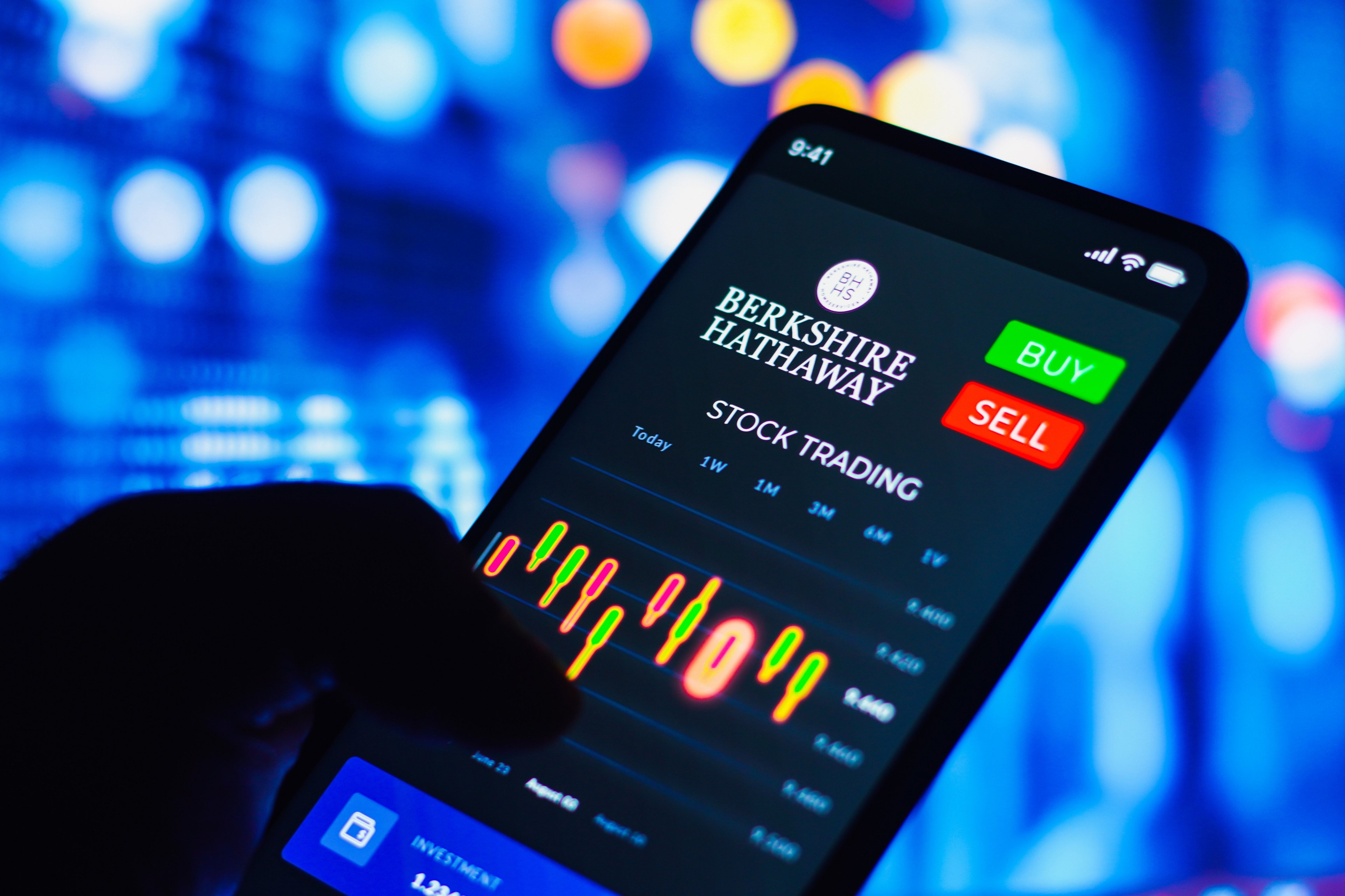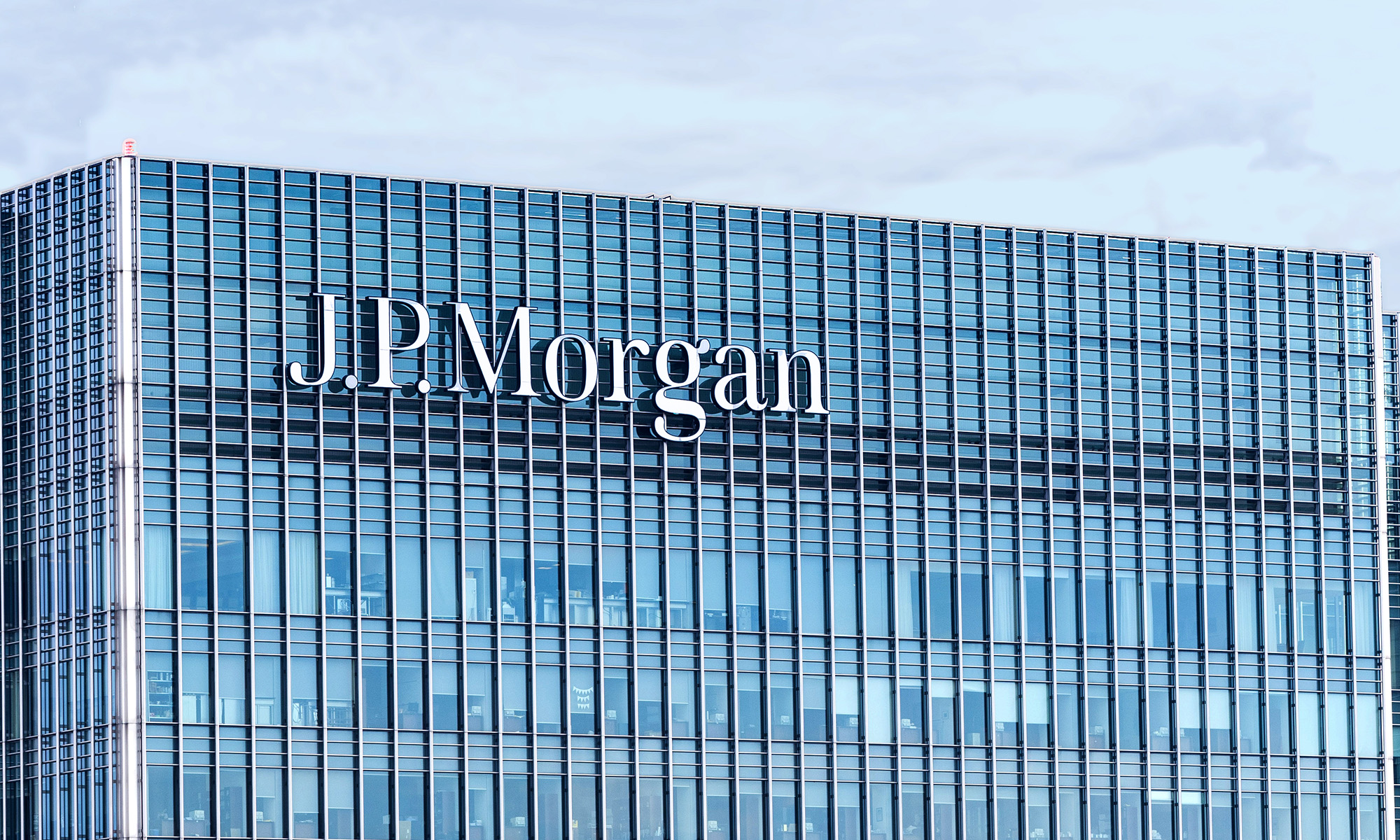In addition to providing a low-cost option for investors who want to automate their portfolios, the surge in robo-advisory popularity has put pressure on investment fees across the entire industry. Stock trading commissions continue to fall, mutual fund and ETF expense ratios are trending downward, and fees charged by financial advisors have fallen.
Michael Douglass and Fool contributor Matt Frankel discuss in the video. A full transcript follows.
This video was recorded on Nov. 13, 2017.
Michael Douglass: Robo-advisors are helping drive down fees across the board. That's objectively a good thing for investors, even if you don't personally invest with robo-advisors. And I don't. Because it just means, that downward pressure on fees is continuing across the board.
Matt Frankel: This is one of the reasons why you see a lot of the discount brokers drop their stock trading commissions. I know, personally, I use TD Ameritrade, and they just dropped theirs from $9.99 to $6.99. Even human financial advisors are getting more toward the 1% of that 1%-2% range. So, this has really had a lot of pressure across the board.
Douglass: And what's interesting, as well, is that robo-advisors still make up a relatively small percentage of the overall wealth management space. That means both that they have a lot of potential growth opportunity, but then also that there's a lot more disruption, perhaps, still to do with traditional wealth managers in terms of bringing down those fees. The question, I think, will be where we hit that final equilibrium. For some people, they're going to use human wealth managers long-term. For other people, though, robo-advisors often make a lot of sense, and particularly that's true for a lot of younger investors.
Frankel: Yeah, definitely. Like you said, it's a pretty untapped market at this point. The statistic you gave earlier, that by 2021 it's expected to be around $385 billion under management, to put that in perspective, Goldman Sachs alone has over $1 trillion in assets under management. So, this is still, and is expected to remain, a relatively small portion of the advisory business for the foreseeable future.





